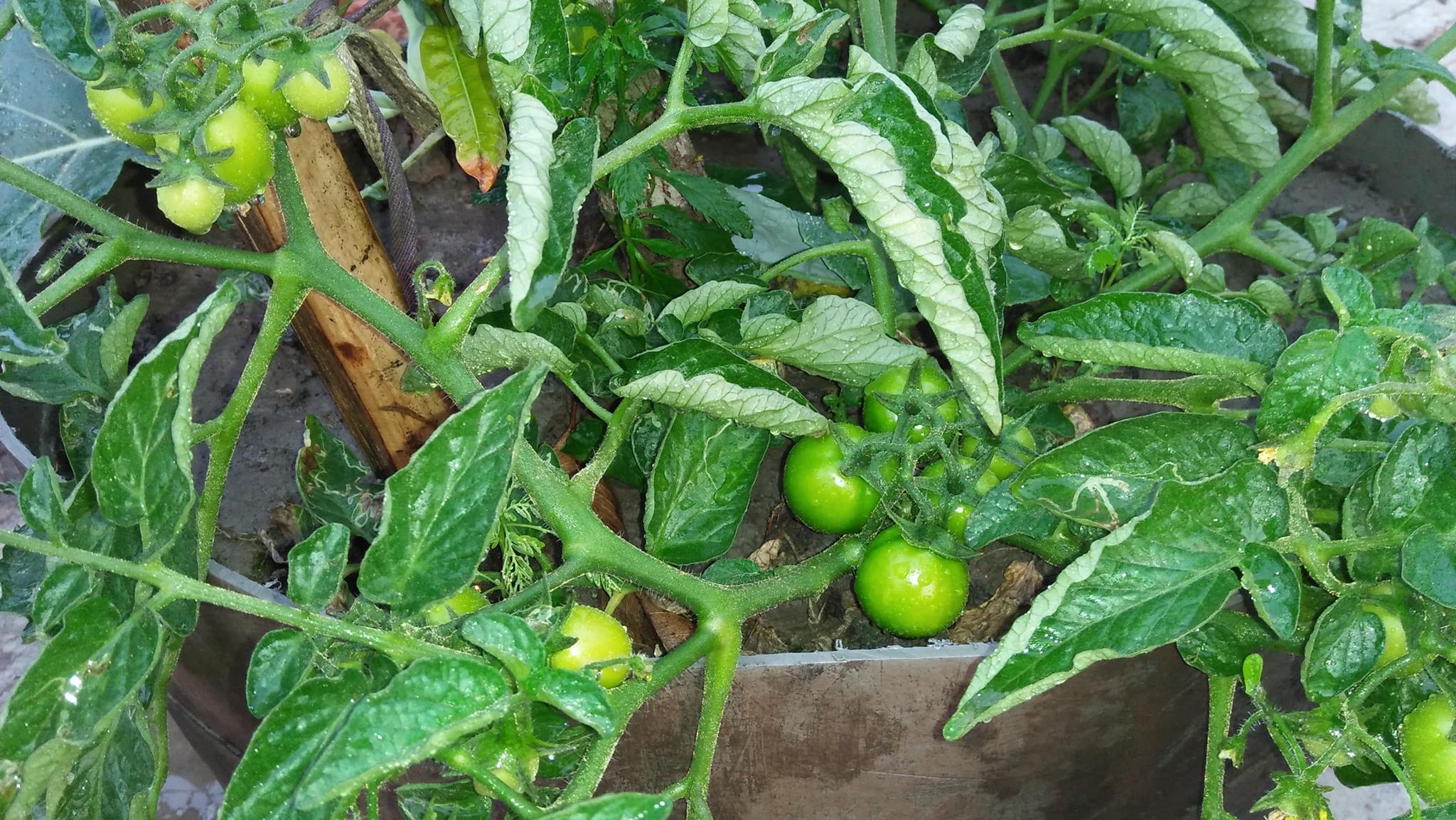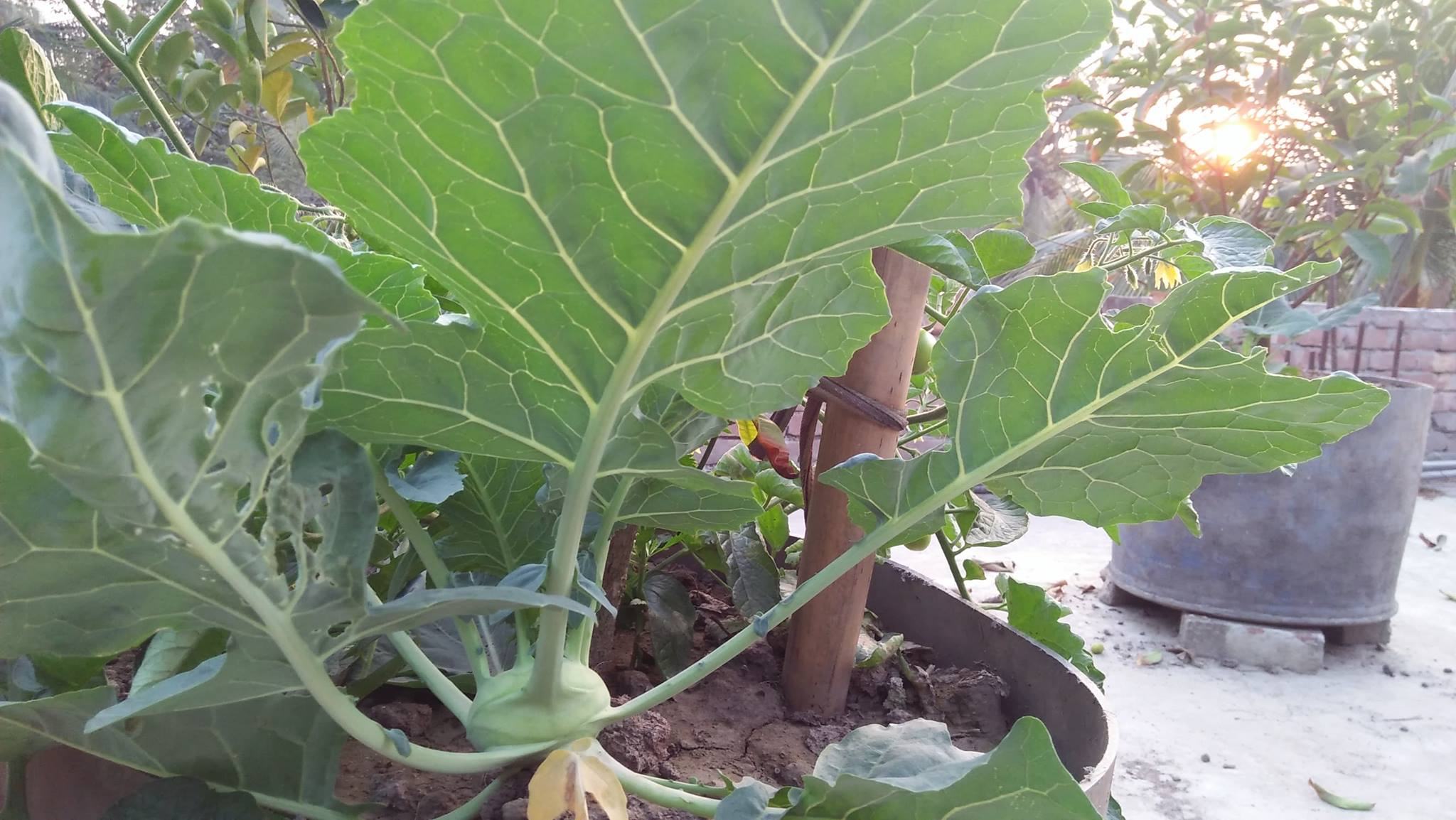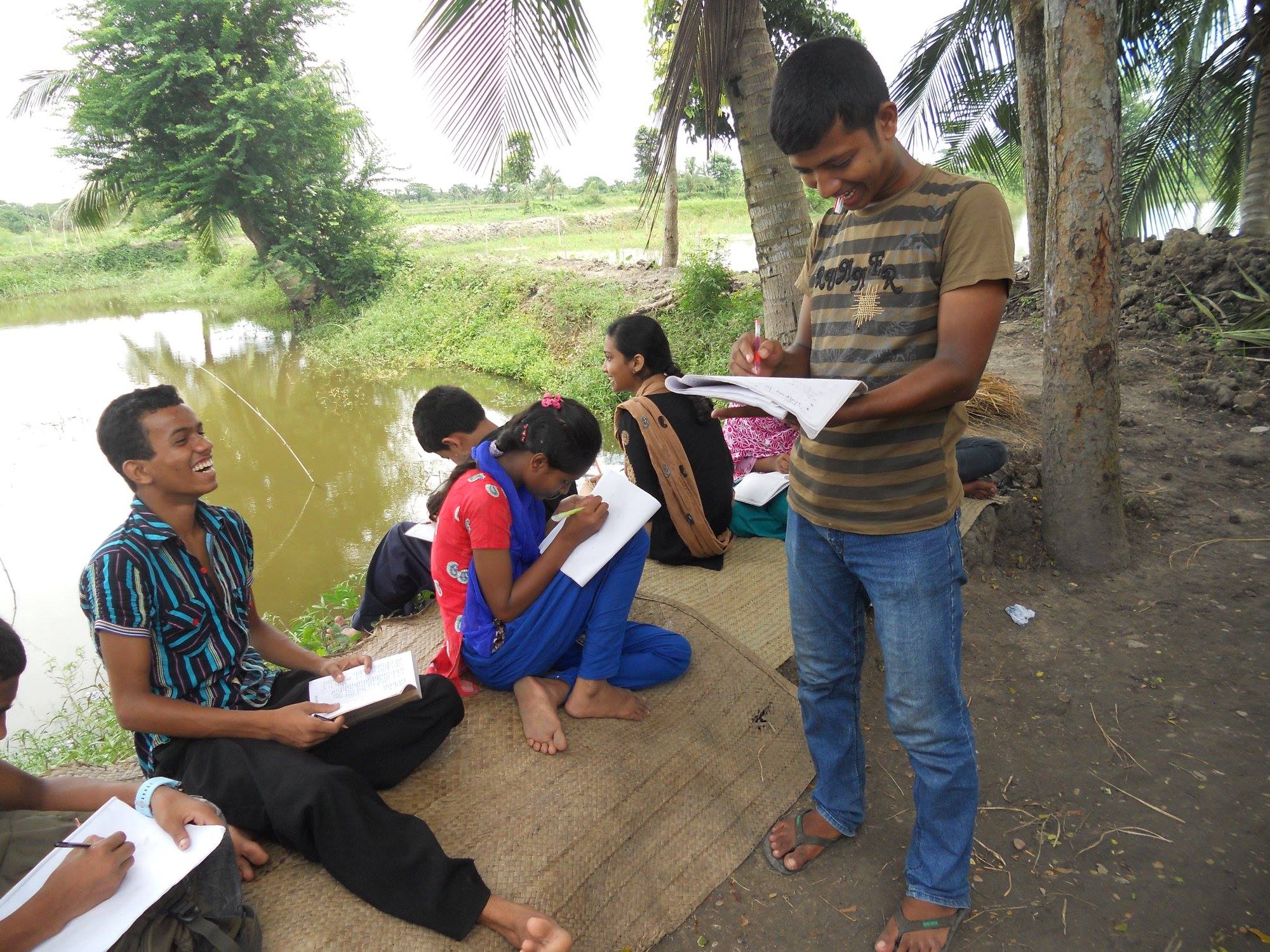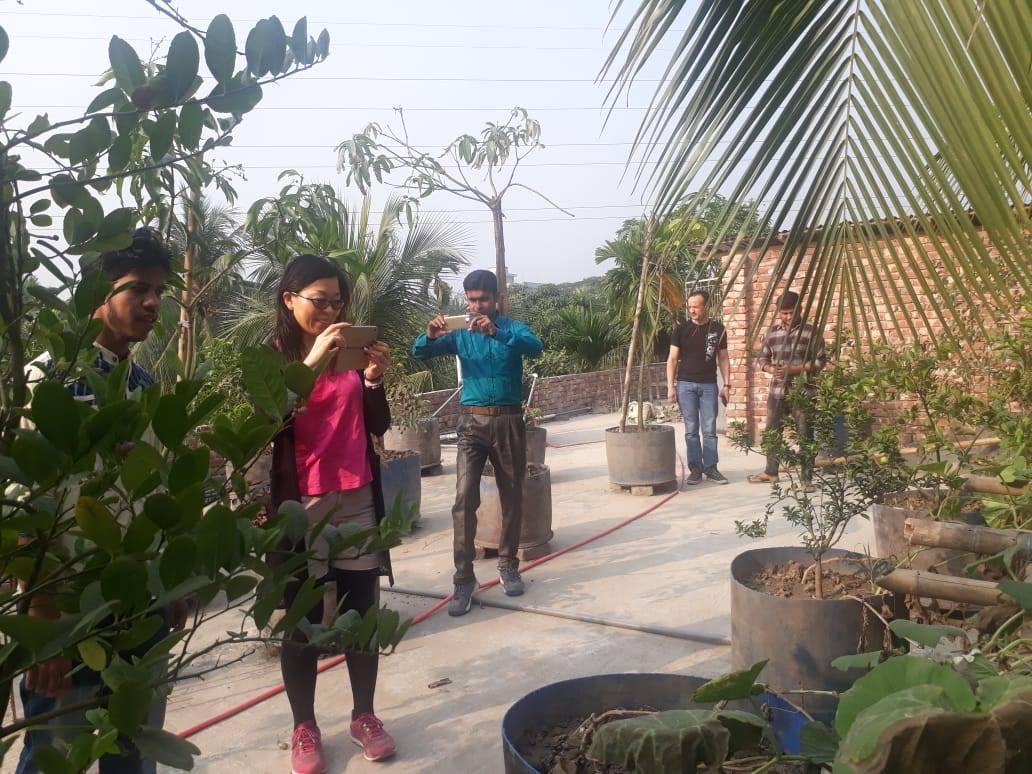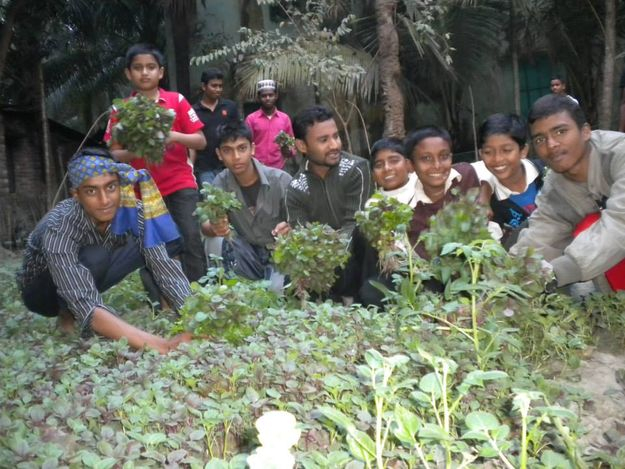Good learning environment
When Hafiz started to teach the children in Moheswarpasha he tried to understand their psycology by spending the entire day with them and letting them do the activities they preferred. If the children did anything wrong he never got angry, but educated them to improve their behaviour. By spending time with the children, listen to them and never threat or get angry at them the children developed trust in Hafiz.
Children learn better when they trust, feel respected by and do not fear the educators. We create a good learning environment where the children:
- feel safe (we do not accept physical/psycological punishment)
- feel respected by the teachers
- feel free to ask questions and discuss with the teachers
- feel that the teachers are their friends and learning is FUN!
Vegetable garden and pisciculture
EDS has a small vegetable garden and pisciculture where the EDS students learn by doing. They learn to produce food in sustainable ways, to take responsibility and collaborate with others. This practical and fun work motivates them for learning and creates social relations between them and the teachers. The produce is divided between the EDS students and adds much needed nutrients to their diet.
